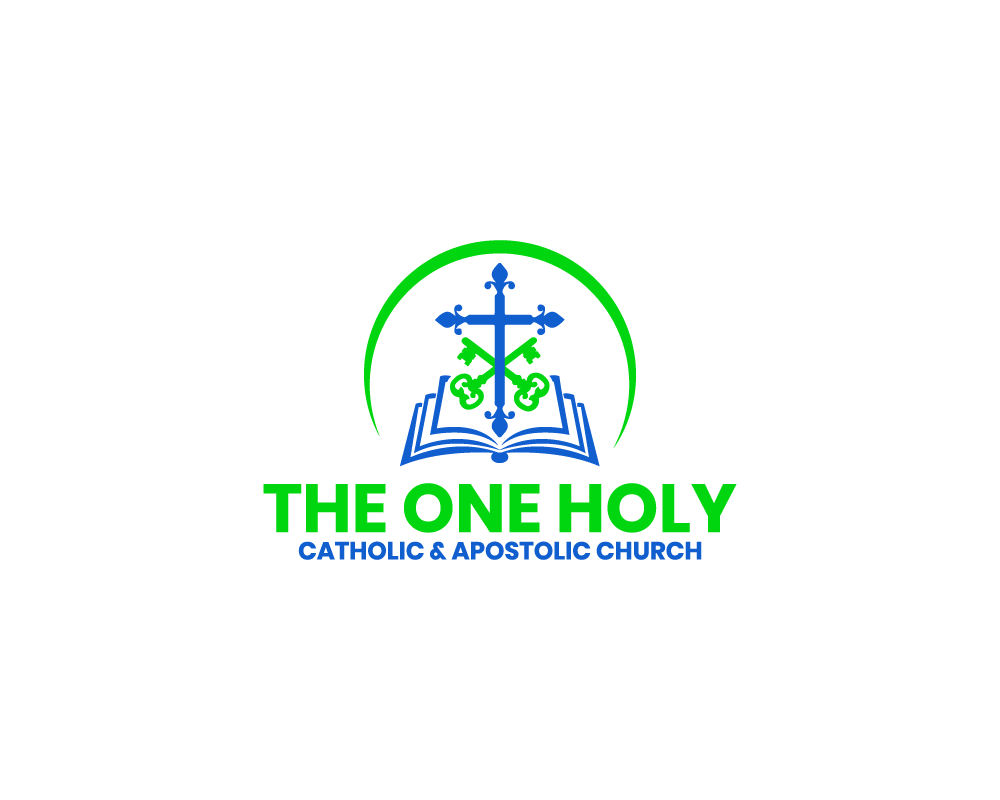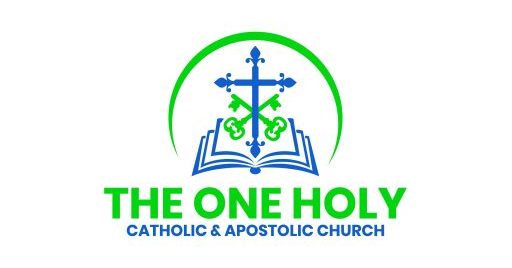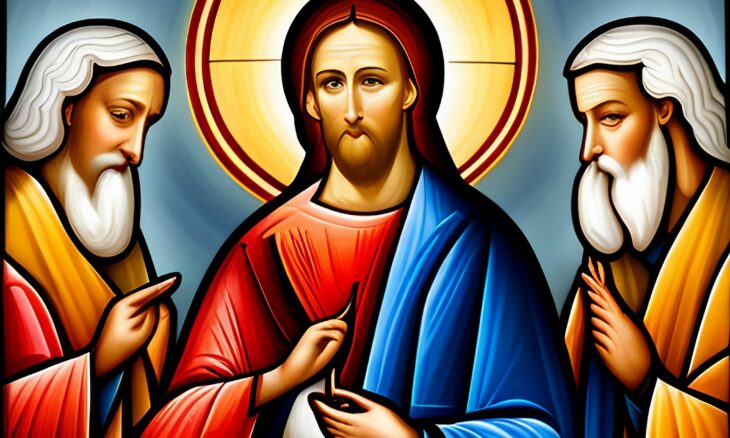Challenging the Notion of Consumerism
Orthodox theology asserts that every human person is more than an economic entity or a consumer. According to Saint Gregory of Nazianzus, we are “animals being deified,” called to share in God’s glory and partake in the divine nature.
The Transcendent Dimension: Formed in God’s Image
Being created in the image of God means that our transcendent dimension is essential to our humanness. We possess God-consciousness and the capacity for prayer and offering thanksgiving to God. Through this act of offering, we truly become human and experience genuine freedom.
Freedom and Interpersonal Relationships
Freedom in Community
Our freedom as human beings is not limited to a personal level but extends to interpersonal relationships. Genuine freedom can only be achieved when we are part of a community of other free individuals. Freedom is inherently social, and it is expressed through encounters and connections with others.
The Image of God: Christlikeness and Trinitarian Communion
To be human is to be Christlike, as Jesus embodies the image of God. Additionally, the image of God also reflects the image of the Trinity. In Orthodox belief, God is not just one, but a union of Father, Son, and Holy Spirit, united in perpetual love and communion.
Reproducing Perichoresis on Earth
As humans formed in the image of the Trinity, we are called to replicate the reciprocal movement of mutual love, known as perichoresis. We strive to manifest this love not only in our private prayer life and close relationships but also in broader spheres, such as economics and politics. Our aim is to create communities that mirror the transparency and communion found within the Trinity.
Religion’s Role: Promoting Freedom and Communion
Religion plays a crucial role in a changing world by advocating for freedom as the foundation of encounter and communion among human beings. It upholds the doctrine of the Trinity, a social God, and encourages communities at all levels to become living icons of transparent unity.



